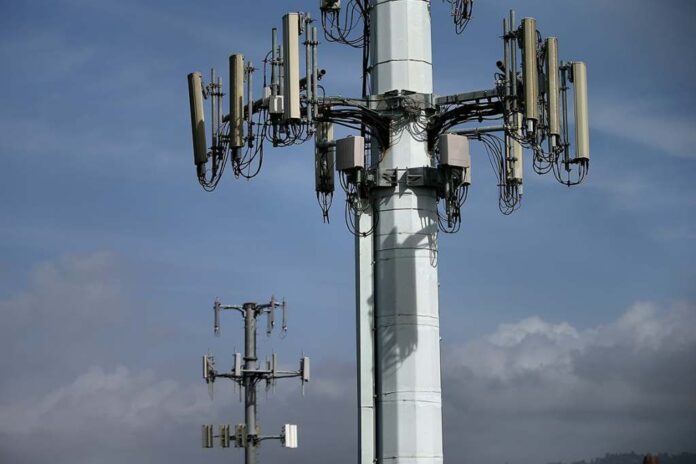Mobile Internet subscription grows by 12 million
TECHDIGEST – The number of mobile Internet subscriptions grew by 12.17 million to 152.15 million in October, the latest data from the Nigerian Communications Commission have revealed.
This was an 8.69 per cent growth from the 139.98 million mobile Internet subscriptions from October 2021.
In the time under review, the growth recorded was influenced by MTN which recorded the highest increase of 10.61 per cent from 58.32 million in October 2021 to 64.51 million, followed by Globacom which grew by 8.83 per cent from 38.97 million to 42.41 million. Airtel’s mobile Internet subscriptions also rose by 8.76% from 36.89 million to 40.12 million during this period.
Meanwhile, 9mobile slowed down the mobile Internet subscription growth, decreasing from 5.80 million in 2021 to 5.11 million in the same period this year..
Broadband penetration also improved from 39.89 per cent in October 2021 to 45.55 per cent in October 2022.
Recently, industry experts predicted that data revenues would outpace voice revenue in the not-too-distant future.
Speaking on the growth of data in his firm’s third-quarter results, the MTN Nigeria Chief Executive Officer, Karl Toriola, said, “Data revenue rose by 49.1 per cent on increased subscribers and data usage. This was sustained by an aggressive 4G network expansion and enhanced quality and capacity of our network to support rising data traffic as we continue to drive the conversion of existing subscribers on the 3G network to 4G and drive smartphone penetration.
“As a result, data traffic grew by 70.6 per cent YoY, with 4G accounting for 78.6 per cent of overall traffic, while data usage (MB per user) rose by 52.2 per cent. In addition, the number of smartphones on our network continues to increase, with the addition of about 4.4 million in the nine months, bringing smartphone penetration to 52.0 per cent.”
In its ‘The Mobile Economy Sub-Saharan Africa 2022,’ GSMA, the global association for telcos, disclosed that most people in Nigeria and Africa accessed the Internet through their phones.
It said, “As the primary way most people access the internet in Sub-Saharan Africa, mobile is driving digital inclusion. This delivers significant economic benefits, reduces poverty, and transforms lives by providing people with access to a range of life-enhancing services.
READ ALSO: Tech Firm Promotes Industrial Automation
“By the end of 2021, around 40 per cent of the adult population in Sub-Saharan Africa subscribed to mobile internet services. Although this figure is a marked increase from the 35 per cent at the start of the pandemic, it still lags behind the global average of 70 per cent by a considerable margin.”
It further stated that in 2021, mobile technologies and services generated around eight per cent of GDP across Sub-Saharan Africa, a contribution that amounted to almost $140bn of economic value added.
“The mobile ecosystem also supported more than 3.2 million jobs (directly and indirectly) and made a substantial contribution to the funding of the public sector, with $16bn raised through taxes on the sector.
“By 2025, mobile’s contribution will grow by approximately $16bn (to almost $155bn), as the countries in the region increasingly benefit from the improvements in productivity and efficiency brought about by the increased take-up of mobile services.”
According to the association, while a considerable percentage of individuals in Sub-Saharan Africa currently use mobile internet services, another 44 per cent live in areas covered by mobile broadband networks but do not yet use mobile internet services.
It stated that addressing these usage gaps remains a major barrier to mobile internet adoption. It explained that these barriers include affordability and lack of digital skills.
It added, “Mobile connectivity has the potential to accelerate Sub-Saharan Africa’s digital transformation and drive socioeconomic advancement, but realising this potential requires policy measures to support network investments and improve the affordability of digital services for consumers.”
Recently, Chief Marketing Officer, MTN Nigeria, Adia Sowho, said, “Smartphones have become the computer for many Nigerians today.
“Unfortunately, the high costs of these devices have made them out of reach for many. Factors such as forex fluctuation, chipset shortages, and inflation are continuously driving up the cost of phones.”
According to the World Bank, Nigeria has the largest mobile market in Sub-Saharan Africa and a 10 per cent increase in mobile broadband penetration could lead to a 2.46 per cent growth in Africa.
Source: Punchng.com
















